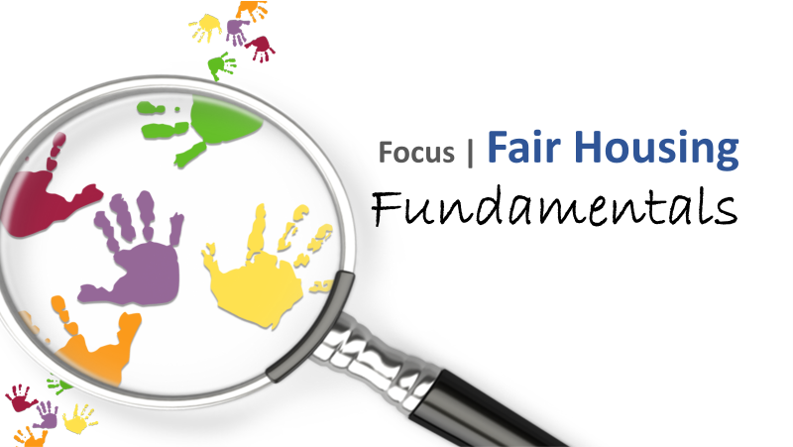HUD Announces Fair Housing Animal-Related Charges
Jul 19, 2024
Our readers will want to read about a case HUD has just announced. It illustrates several principles relating to assistance animals under the Fair Housing Act. Can an owner impose breed restrictions? How about a limit on the number of animals? What if the person brings an animal into a unit before getting approval? How does threatening to evict make a bad situation much worse? All of these and several other important matters are involved. Read the announcement HERE. Download and read the charges HERE.
On July 19, 2024, HUD announced that it had charged a Wisconsin housing provider with discriminating against a tenant with disabilities. The owners of a duplex in Appleton, Wisconsin, refused to grant a tenant with a disability a reasonable accommodation to allow the tenant to live with her assistance animals.
HUD’s Charge alleges that the owners denied the tenant’s reasonable accommodation request by applying unlawful breed restrictions, fines, and fees to the request. Respondents also interfered with the Complainant’s attempt to obtain a service dog. They threatened the tenants with eviction, eventually non-renewing their lease - citing the reasonable accommodation requests in the non-renewal notice. The tenants were forced to rent more expensive housing elsewhere.
"The creation of artificial and unreasonable obstacles to granting a reasonable accommodation, because an assistance animal is involved, is against the law,” said Diane M. Shelley in the announcement. Diane is the Principal Assistant Deputy Secretary for Fair Housing and Equal Opportunity. “HUD is committed to ensuring that individuals with a disability can access housing.”
“Individuals with disabilities are entitled to the use of assistance animals as reasonable accommodations to afford them full access to their home,” said Damon Smith, HUD General Counsel. “As this Charge shows, a housing provider may not create unnecessary and artificial barriers for disabled tenants to use assistance animals to support their medical treatment.”
A US Administrative Law Judge will hear HUD’s Charge unless any party to the Charge elects to have the case heard in federal district court. If an administrative law judge finds, after a hearing, that discrimination has occurred, the judge may award damages to the family for their losses because of the discrimination. The judge may also order injunctive relief and other equitable relief to deter further discrimination, as well as payment of attorney fees. In addition, the judge may impose civil penalties to vindicate the public interest. If the federal court hears the case, the judge may also award punitive damages to the family.
Great Online On-Demand Fair Housing Training
Versions available for management and maintenance professionals
Click the image below for more information
There is a very good chance that the topic of this post is covered in an online on-demand course at Costello University.
Stay connected with news and updates!
Join our mailing list to receive the latest news and updates from our team.
Don't worry, your information will not be shared.
We hate SPAM. We will never sell your information, for any reason.






